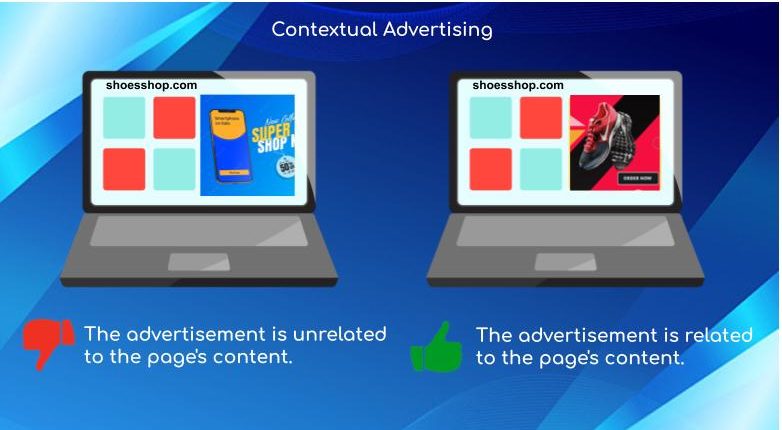
Introduction
In an era of heightened privacy concerns and evolving data regulations, contextual advertising has emerged as a powerful solution for brands seeking to reach their target audiences without relying on individual user data. Contextual advertising shifts the focus from tracking users' online behavior to analyzing the content and context of the web pages they visit. By understanding the surrounding context, advertisers can deliver relevant and timely ads that resonate with users. In this blog post, we will explore the concept of contextual advertising, its benefits, challenges, and why it has become an essential strategy in the post-privacy era.
Understanding Contextual Advertising
Contextual advertising is a form of targeted advertising that relies on the content and context of the webpage to determine which ads to display. Instead of tracking user behavior through cookies and other tracking mechanisms, contextual advertising algorithms analyze the text, images, and meta-data on the page to understand its theme and intent. This approach enables advertisers to serve ads that align with the user's current interests and needs without compromising their privacy.
The Rise of Privacy Concerns
In recent years, data breaches and privacy scandals have sparked widespread concerns about the collection and use of personal data by ad tech companies. Users are increasingly demanding more control over their data and are wary of being tracked across the web. Contextual advertising addresses these concerns by eliminating the need for individual user data, thereby respecting user privacy while still providing relevant ads.
Benefits of Contextual Advertising
- Privacy-First Approach: Contextual advertising ensures user privacy is respected, as it does not rely on intrusive data tracking. This approach builds trust between users and brands, fostering a positive relationship that can lead to increased brand loyalty.
- Relevance and Engagement: By presenting ads based on the content users are actively consuming, contextual advertising increases the relevance and engagement of the ads. Users are more likely to respond positively to ads that align with their immediate interests.
- Compliance with Regulations: Contextual advertising offers a compliant solution to data privacy regulations like GDPR and CCPA, as it does not involve the collection of sensitive user data.
- Brand Safety: Advertisers can control where their ads appear by selecting relevant contextual categories, ensuring their brand is associated with suitable and appropriate content.
Challenges of Contextual Advertising
While contextual advertising has numerous advantages, it also faces some challenges:
- Ambiguous Context: Sometimes, the context of a webpage may be difficult to decipher accurately, leading to less relevant ad placements.
- Real-Time Context Analysis: Analyzing context in real-time requires advanced algorithms and processing power to deliver ads in the blink of an eye.
- Limited Personalization: Contextual advertising cannot offer the same level of individualization as behavioral targeting. Although relevant, the ads may not be as tailored to specific user preferences.
Innovations in Contextual Advertising
Despite its challenges, contextual advertising is continually evolving, thanks to advancements in natural language processing (NLP) and machine learning. These technologies enable more accurate and real-time context analysis, improving the overall effectiveness of contextual advertising.
The Future of Contextual Advertising
As privacy regulations become more stringent and users demand greater control over their data, contextual advertising will undoubtedly gain even more significance. Advertisers will need to adapt their strategies to ensure they strike the right balance between personalization and privacy.
Conclusion
In the age of data privacy and increasing user awareness, contextual advertising stands as a privacy-friendly and effective alternative to traditional behavioral targeting. By focusing on context rather than individual user data, advertisers can deliver relevant and engaging ads that respect user privacy while building trust with their audience. As technology continues to advance, contextual advertising will play a pivotal role in shaping the future of digital advertising.
